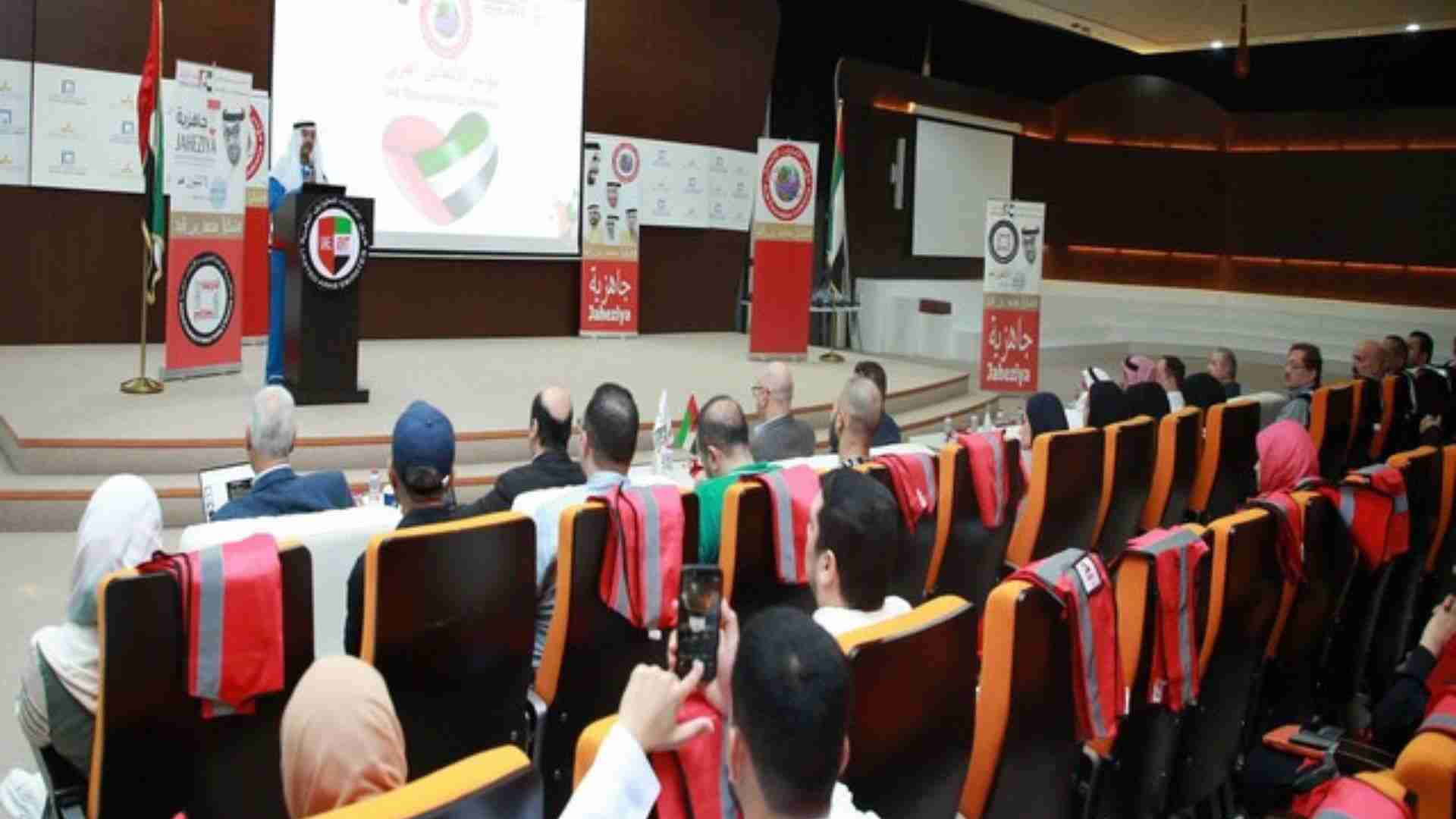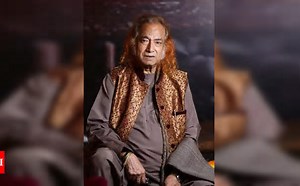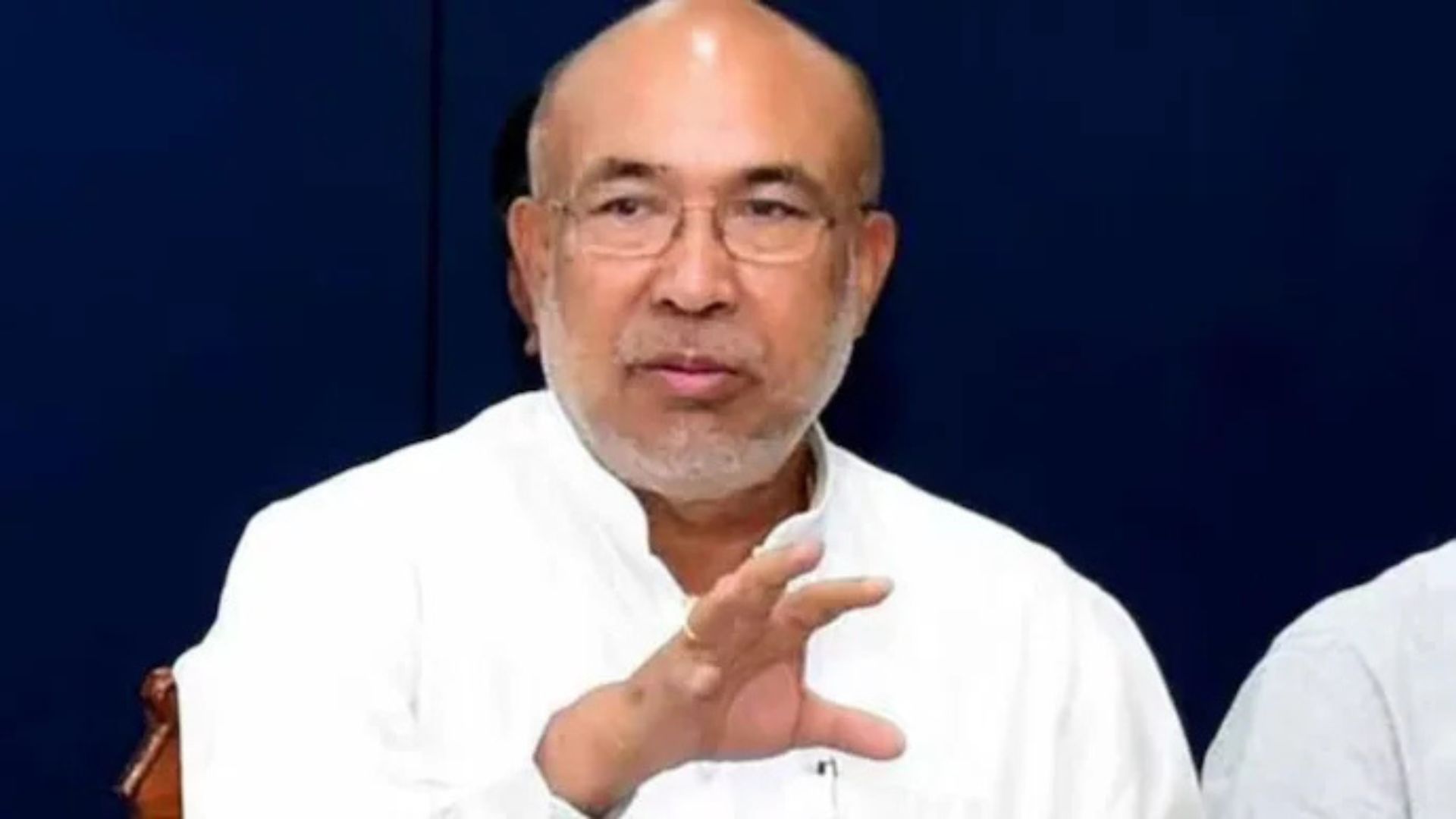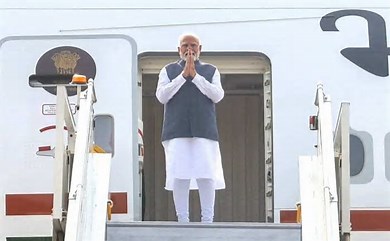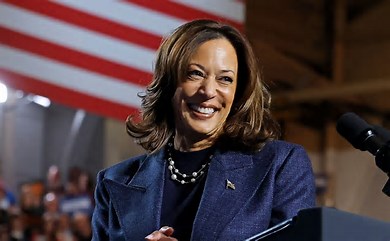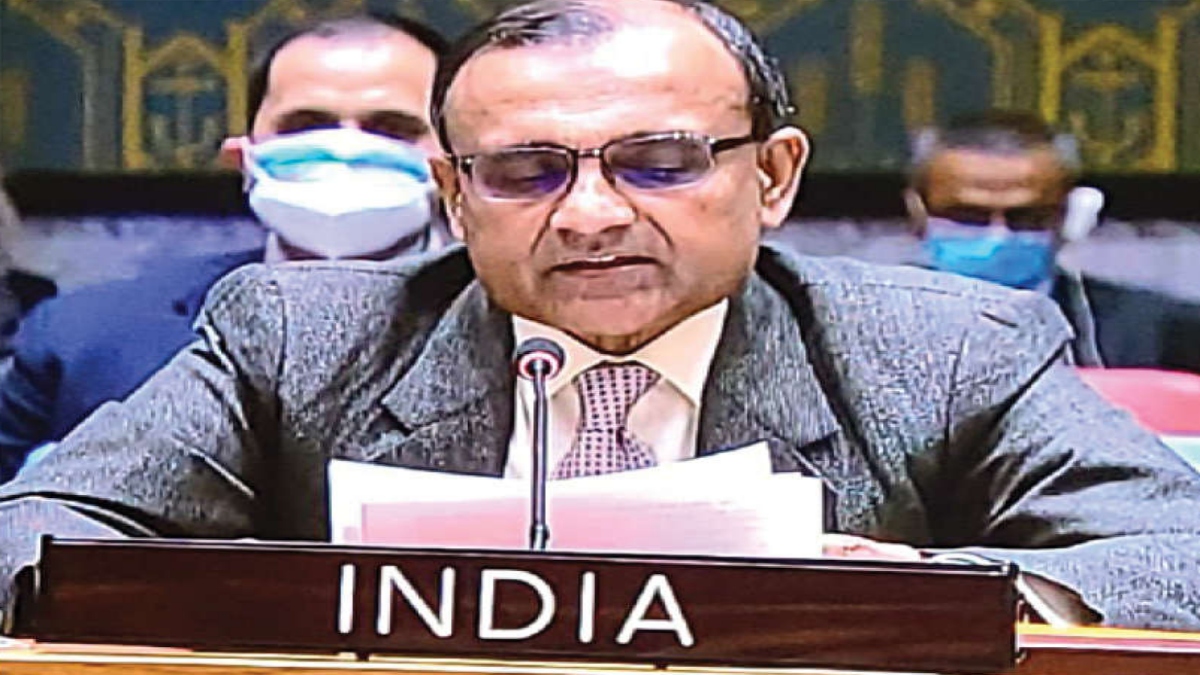
Minister of State for External Affairs, V. Muraleedharan, told Lok Sabha on 22 July that “Four out of five permanent member nations of the United Nations Security Council (UNSC) have extended their support to India’s candidature for a permanent seat in the top world body”. China is the only country which has not yet supported India›s bid to become a member of the UNSC. While replying to a question on India’s UNSC bid, the Minister also told the Lower House of Parliament that the government has accorded the “highest priority” to getting permanent membership for India in an expanded UNSC. So, what is now clear from what the minister said is that New Delhi is sparing no effort to ensure that India’s plan to be in the UNSC as a permanent member comes to fruition. What is also heartening is that Prime Minister Narendra Modi has been successful in getting endorsements for the long-pending demand for India being made a permanent member of this coveted global body during his scores of meetings with the top world leaders in the past. China, one of the five permanent members with veto power, is the only stumbling block that India needs to deal with effectively. New Delhi should now redouble its efforts with a more comprehensive and concrete plan to remove this stumbling block at the earliest. Hopefully, Prime Minister Narendra Modi will definitely take it up with the Chinese President Xi Jinping if a meeting between the two leaders takes place on the sidelines of the SCO summit in Samarkand on 15-16 September. However, there is a strong possibility of a bilateral meeting between PM Modi and Jinping there. What China cannot endlessly remain oblivious to is that the times have changed, and with that India’s importance in the global theatre has also grown significantly. What should be an eye-opener for Beijing is how the entire West on the one hand and Russia on the other have been continuously wooing New Delhi over the Ukraine war. This categorically cemented the belief that India’s global clout is growing fast, and for that matter, its claim for a permanent seat in the UNSC should be supported by China and other countries without any hitch.
What is worth recalling here is PM Modi’s statement, saying, “The credibility and effectiveness of global institutions is being questioned. The reason for this is that there has been no change in these institutions despite the passage of time. These institutions reflect the mindset and realities of the world 75 years ago.” He expressed these views with respect to UNSC. He said that the UNSC was under stress. The remarks had come ahead of India assuming one of the 10 rotating non-permanent seats at the UN Security Council in January. That “reformed multilateralism” would be a key focus of India’s two-year term at UNSC is an indication of the fact that the Modi government is set to undertake various initiatives aimed at building international support for India. He has been taking up the issue of UNSC reform during bilateral and multilateral meetings at all levels as well.
China has come on record on many occasions, supporting UNSC reforms “in manner that increases the authority and efficacy of the body and increases the representation and voice of developing countries so that the small and medium-sized countries have a greater opportunity to participate in the decision-making process”. So what prevents China from supporting India’s bid? This is something that needs to be looked into by the Indian foreign policy officials and diplomats. Diplomatic efforts need to be stepped up at the various levels on the part of India to try and convince the Chinese government on this issue. External Affairs Minister S. Jaishankar is reported to have spoken to his Chinese counterpart Wang Yi on India’s UNSC mission. What is understandable is that the focus of the Indian diplomatic mission for now is largely on the ongoing LAC dispute with China. But what is praiseworthy is that India continues to give its inputs during the Inter-Governmental Negotiation (IGN) process of the UN, which has been working on various aspects of the reform, including categories of membership, issues relating to the veto power and regional representation. In what bodes well for India’s campaign, the US, Russia, the UK and France—the four of five nations with veto power—are working towards reform of the United Nations including of the Security Council, to make it more effective, transparent and accountable.

